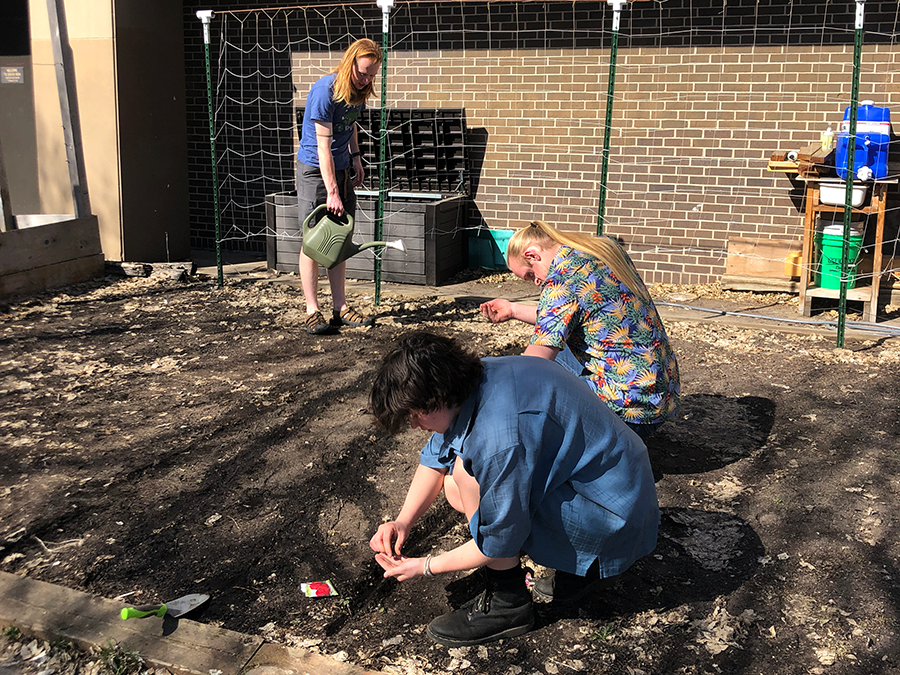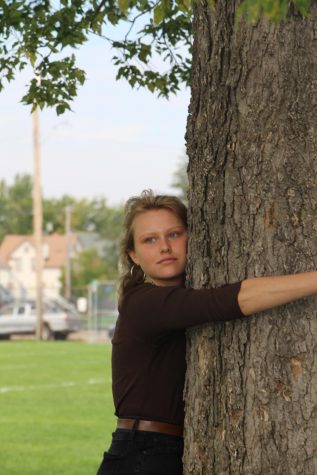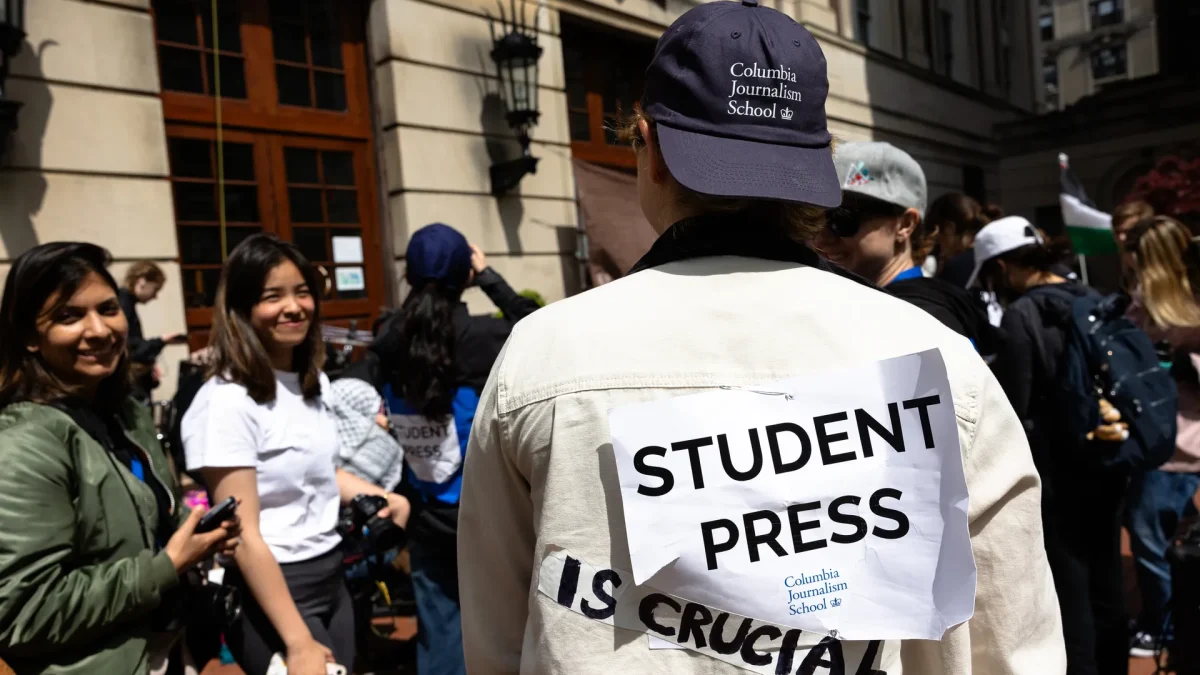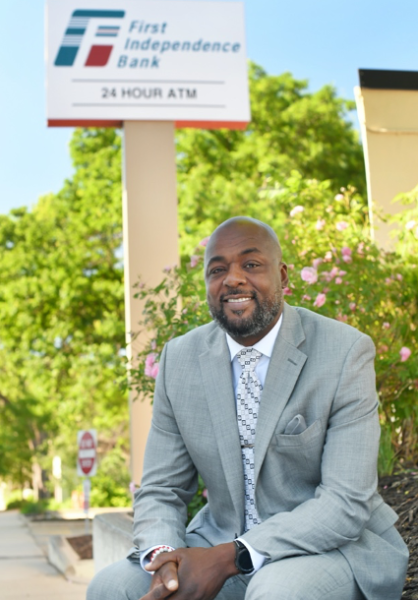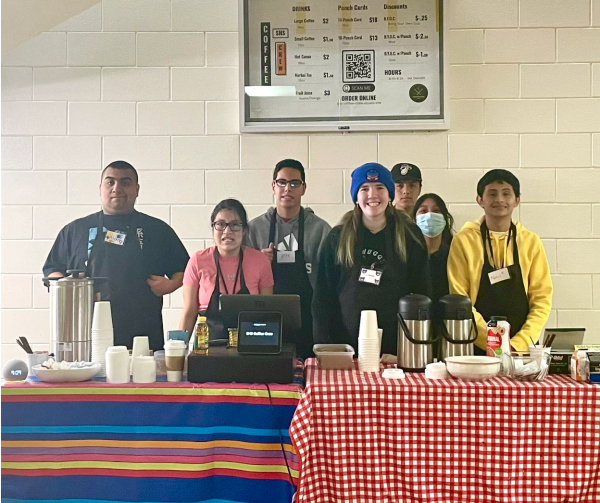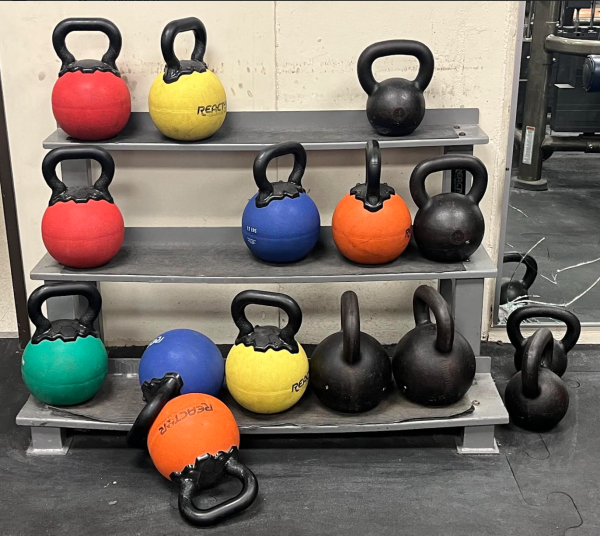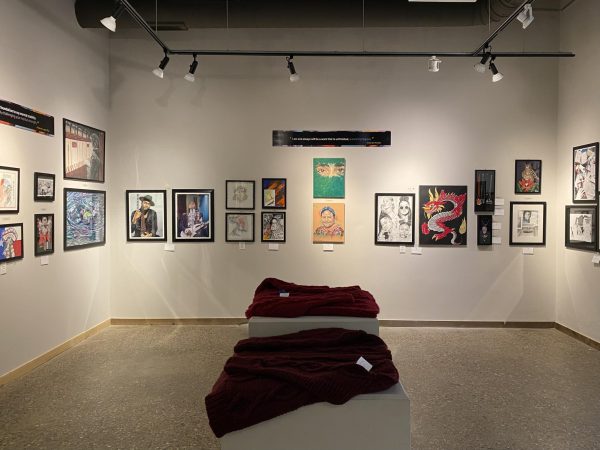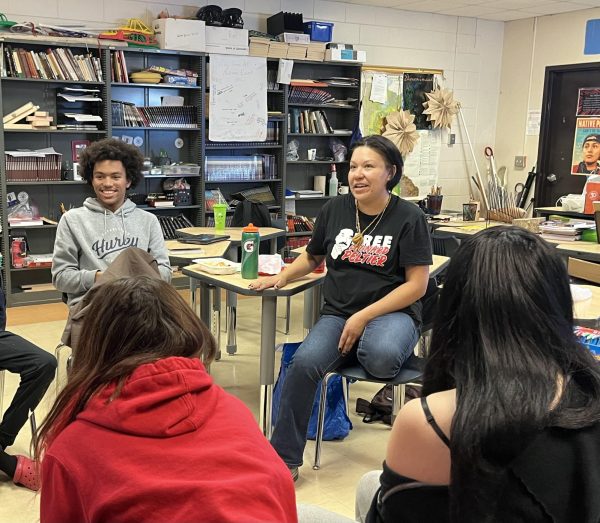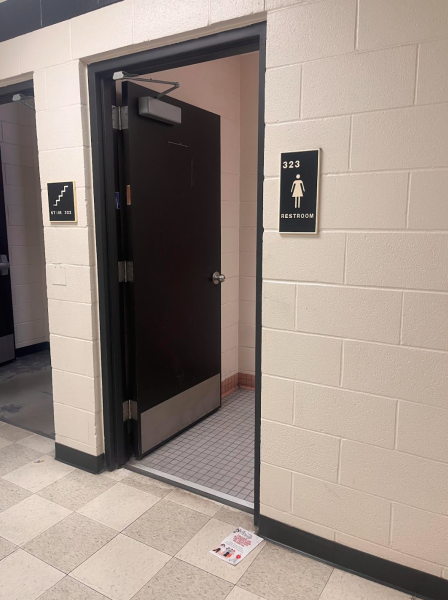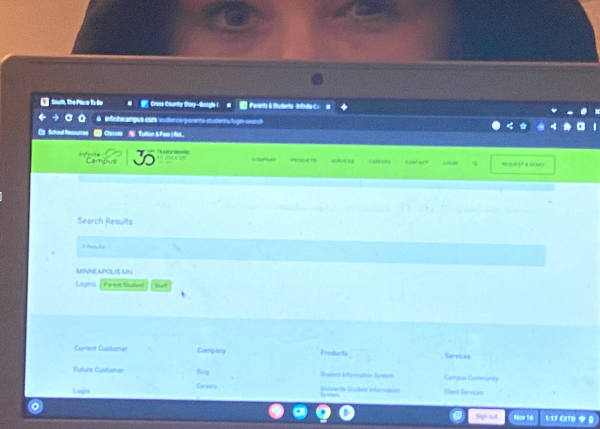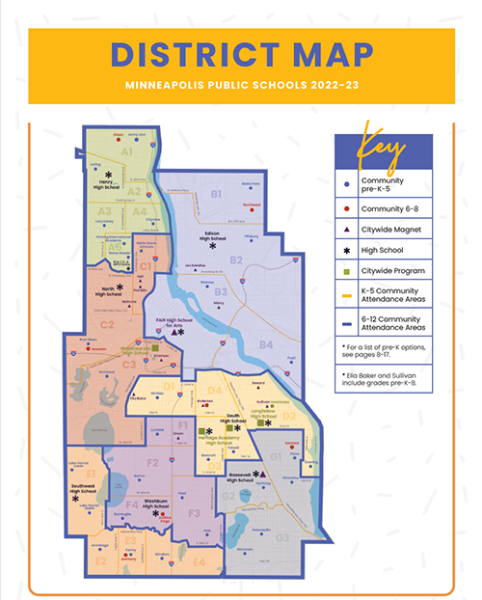Outdoor Learning Advisory: A Growing Prospect
Photo Courtesy of: Susan Peterson
AP Environmental science students clean out the vegetable gardens to make room for radishes. “I thought it was a great way of getting youth together and just learning more about nature,” says Nasriina Abdo, a junior at South and part of the club.
May 10, 2023
A place where students can explore and gain understanding of the outdoors and all of its hidden beauties: meet Outdoor Learning Advisory. Susan Peterson, who teaches chemistry and AP Environmental Science at South, founded this club in hopes of utilizing our outdoor area as a learning space for teachers and students alike, as well as maintaining and expanding the current systems in place, such as the gardens and the beehive. “We’ve got all this great outdoor space here, how do we want to make sure students are using it?”
Peterson plans to have the group meet every Thursday after spring break, from 3:15 to 4:00 in room 329. She talks about the plans and projects that the club has coming up, such as the Spring Garden Party which will take place on May 18th here at South. “It’s open to students and teachers and the community… I mean we want to get as many people [as we can].” The party is aimed towards cleaning out the gardens, installing the vegetable garden, and any other gardening tasks that may require getting your hands a little dirty. Peterson mentioned they’ve had food trucks in the past, on site and prepared to fuel the tenacious yet exuberant task of gardening, for anyone who shows up.
Other plans for the group include building a compost bin, more raised garden beds, and even a free little library that would contain recipes and seeds for anyone who wants them. “We’re working on a new partnership with Michelle Shaw from Minneapolis Edible Boulevards to install more plantings along the boulevards that then community members can also access,” Peterson said. This is one of the tasks she plans to have the group tackle when we come back after break.
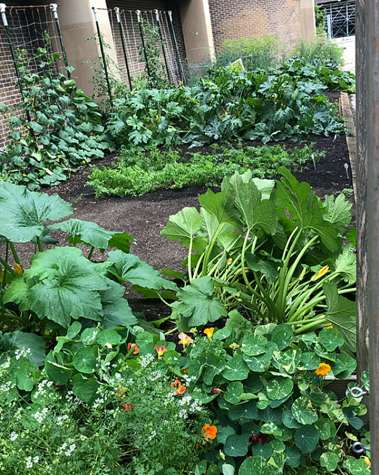
One member of the club, Nasriina Abdo, shares her perspective on the group, “I joined because I thought it was a great way of getting youth together and just learning more about nature.” Abdo mentions a project the group is planning to tackle come summer; cooking classes, “It’s for the youth to know how to cook, [especially] the ones that don’t know how.” With the cooking classes students can apply their garden knowledge to the kitchen, and learn more about sustainable and healthy ways of preparing meals. “I think it’s a good opportunity because girl, I don’t want to burn down the kitchen,” said Abdo. This concept is similar to our own program at South, Garden to Cafeteria. Peterson explains that Garden to Cafeteria is a program where any vegetables and fruits that are grown at South can be given right to the cafeteria and incorporated into meals, sides, or the salad bar. Then South gets reimbursed by the district for the produce that is provided. “Last year we had about $200 and that will go towards the planting of this upcoming garden,” Peterson adds.
The group met recently with Michelle Shaw and discussed the placement for a new garden bed, which will be accessible to students and community members alike. The advisory looked at different places to construct a garden bed, like boulevards and empty field spaces around the school grounds fit for a garden. They gathered some soil on the boulevard to be tested in order to better understand the nutrient presence and pollution or toxicity levels within the soil; they are waiting to hear back about the results. Boulevards are typically more exposed to runoff from vehicles or buildings, and therefore may not be habitable for an in-ground garden bed, and may require the construction of a raised garden bed instead.
The Garden Party represents just one of many upcoming projects planned by the Outdoor Learning Advisory as they look to continue gaining members and connecting with the South community.

